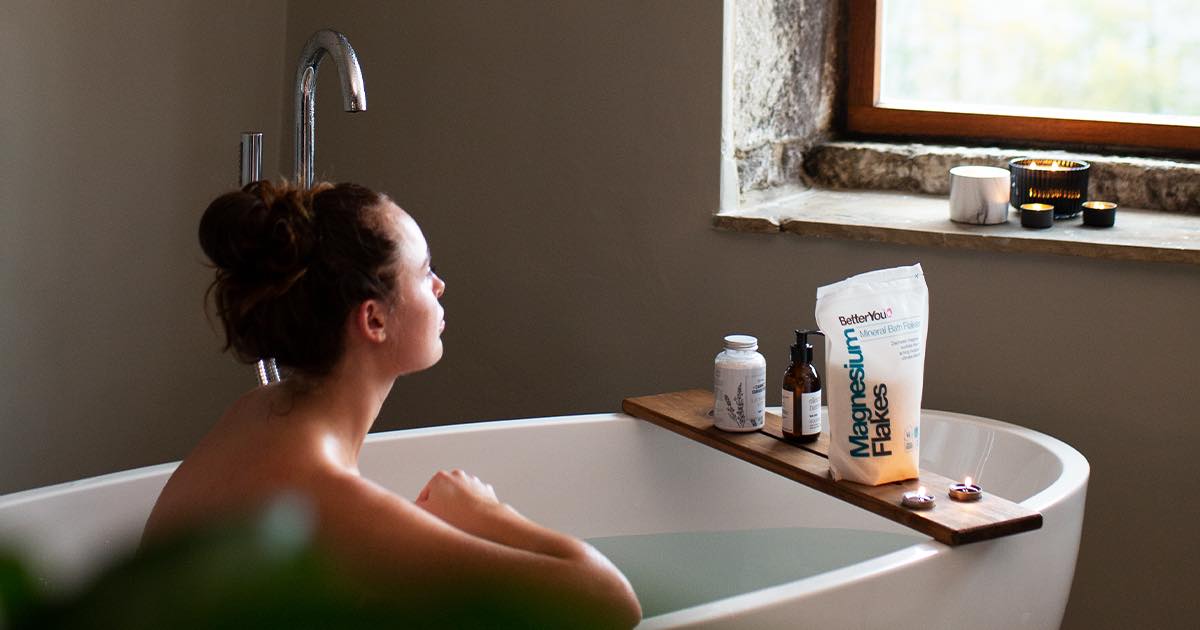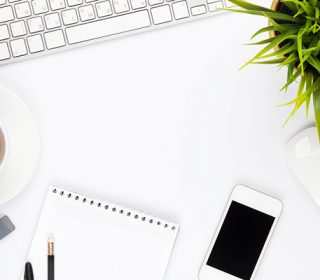The importance of relaxation

Do you often feel a little overwhelmed? Practising mindful relaxation can help you de-stress and lead a happier life.
Living such busy lives, it can be hard to switch off and feel genuinely relaxed. Balancing work and life can often feel like a juggling act, with many of us struggling to find the time to not only take a breath but actively practice relaxation.
Everybody is different and what works for one person may not be right for another; the key is practising the type of relaxation techniques that make you feel calm and balanced.
Why is it important to relax?
Benefiting both the body and mind, learning what helps you relax is the key to your overall well-being. Taking some time for yourself and enjoying the mental and physical rewards that come with mindfully relaxing can reduce stress, release endorphins, improve blood pressure, help you sleep and even ease anxiety and depression symptoms.
What types of relaxation is best?
However you choose to relax, recharge and unwind, the important thing is you spend that time doing and enjoying things that make you feel good. For some, that may be sleeping in late or writing in a journal; for others that could be gentle exercise or spending quiet time with a loved one.
6 ways to relax
If you need a little inspiration, here are six simple ways to relax and let yourself recharge.
1. Step back and breathe
Relaxation can’t always be planned. Sometimes life doesn’t go to plan and the simplest way to relax is to simply take a step away and prioritise your thoughts and sense of calm. It’s amazing how you can reframe your thoughts and feel more relaxed with some simple breathing exercises in a quiet space. Deep breathing for example can relieve shortness of breath and helps you feel more relaxed and centred within minutes.
2. Practice mindfulness and meditation
For those that find it tricky to relax, mindfulness and meditation can be useful tools. Allowing yourself to be patient with your thoughts and accepting your feelings while channelling your energy into feeling calmer and more comfortable is a great way to return to a relaxed state.
3. Listen to your body
Relaxation comes when we calm the body as well as the mind. Listening to your body and working with it rather than against it is a surefire way to feel more relaxed. One day this could be a long walk in the fresh air; on another, it could be taking a nap. Listen and respond to what your body is telling you it needs.
4. Get creative
Immersing yourself in a creative outlet can be an effective way to relax and unwind whilst still being active. Cooking and reading are great examples of proactive relaxation that both occupy the mind and ultimately help you feel calmer. Choose an activity that relaxes or recharges you, based on what you need at that moment.
5. Speak to a loved one
Relaxation doesn’t have to mean you’re alone. Speaking to someone who brings you joy and helps you feel calm can have a positive impact on your overall mental well-being. Create some time with someone you love to chat and reconnect.
6. Take a calming bath
It’s proven that enjoying a warm bath can relax your mind but also reduce pain and inflammation, as well as calm the nervous system and reduce your stress levels. Try elevating your bath time self-care by adding some relaxing extras to your tub. Balance loves the Magnesium Flakes from BetterYou that aid muscle recovery and help you unwind and de-stress from the comfort of your own home.
We have 10 relaxing Magnesium Flakes Bundles worth over £25 each up for grabs. Enter the BetterYou competition here.












